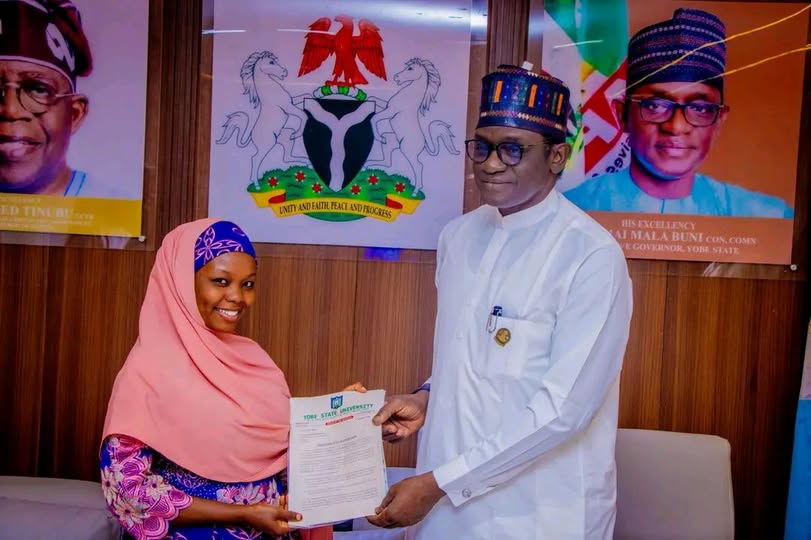Reno Omokri, Special Assistant to former President Goodluck Jonathan, has called on Nigerians to study the life and work of former President Olusegun Obasanjo as a guide to living longer, remaining relevant, and contributing meaningfully to society.
Omokri made the remarks in a statement titled “If You Want To Thrive And Feel More Alive, Do Yourself a Favour and Study Chief Obasanjo,” which he posted on his X account on Sunday.
According to Omokri, Obasanjo’s longevity and sustained public relevance are rooted in a life of purpose, discipline, and intellectual engagement.
“What has kept President Obasanjo alive long after many of his age mates and former military and governmental colleagues have died? Along with good health, which principally comes from God, his longevity stems from the fact that he has a purpose to live for. He is purposefully committed to Nigeria,” Omokri stated.
He noted the former president’s continuous engagement in public affairs and personal routines as central to his vitality.
“Other than former President Jonathan, who is much younger than General Obasanjo, no other past leader in Nigeria, and, when you think about it, in Africa, has carried Nigeria and Africa on their head like Chief Obasanjo.
He considers himself, rightly or wrongly, a father of modern Nigeria and a pillar of contemporary Africa,” Omokri said.
Omokri noted that Obasanjo’s frequent travels and disciplined exercise regimen, including daily squash, contribute to his continued physical and mental agility.
“His continuous refusal to sit idly in one country, preferring to be a frequent traveller and a regular sportsman, playing squash daily and religiously, means that his body is forced to defy the laws of physics and biology and keeps serving him well into his eighties,” he explained.
The former presidential aide described Obasanjo as a figure whose restlessness and intellectual curiosity have maintained his influence long after leaving office.
“Mr Obasanjo does not just exist. He thrives. And his life thrives because he strives, survives, and revives himself by the lives he imbibes and impacts. Many people misunderstand strength. Especially in Africa, where strength is often only seen in physical terms. Strength in reality is your ability to continue to assert your will through whatever means you can on this plane of existence,” Omokri said.
Acknowledging Obasanjo’s imperfections, Omokri described him as occasionally self-serving with an “outsized ego,” but stressed that his accomplishments and lasting impact outweigh personal shortcomings.
He urged Nigerians to study Obasanjo’s writings, noting that the former president has authored books including Not My Will, This Animal Called Man, Nzeogwu, Democracy Works, and Africa in Perspective.
“Mr Obasanjo’s books should be required reading in all Nigerian schools, from secondary level upwards,” Omokri said. “The positive outputs of Chief Obasanjo’s life, and their impact on Nigeria and the world, more than excuse his flaws, which are to a large extent exaggerated by his enemies. If you, as a Nigerian, want to know how much you personally owe General Obasanjo, then read his 1980 book, My Command: An Account of the Nigerian Civil War, 1967-1970.”
Obasanjo, 88, served as military head of state from 1976 to 1979 and later as a democratically elected president from 1999 to 2007, and has maintained a presence in both Nigerian and African public affairs since leaving office.






